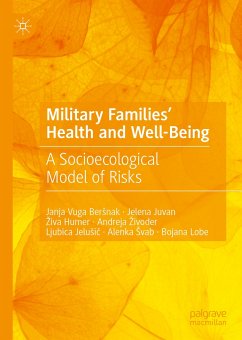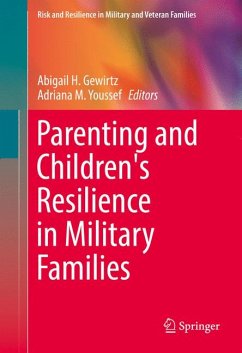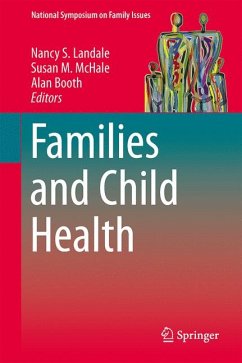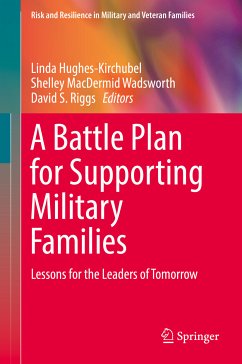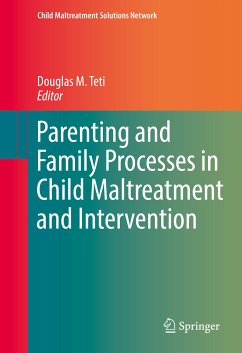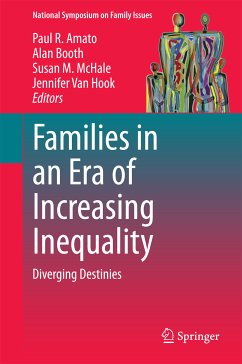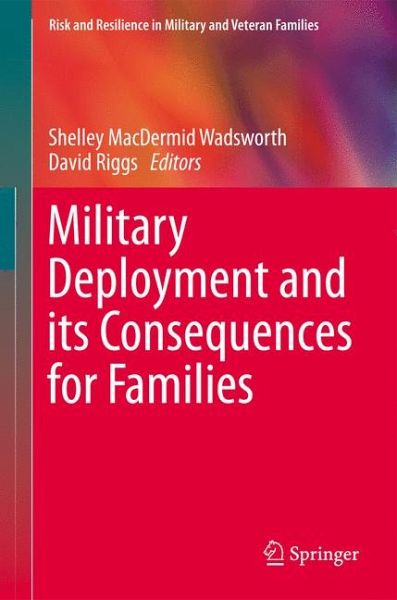
Military Deployment and its Consequences for Families (eBook, PDF)
Versandkostenfrei!
Sofort per Download lieferbar
112,95 €
inkl. MwSt.
Weitere Ausgaben:

PAYBACK Punkte
56 °P sammeln!
War-related separations challenge families in many ways. The worry and uncertainty associated with combat deployments provokes anxiety in family members left at home. Lengthy separations may challenge the personal, social, and economic coping resources of families at home. In this war, thanks to medical advances, many service members who previously would have died of their injuries are returning home to live long, although altered lives. As a result, families are facing the additional challenge of assisting service members who have experienced amputation, traumatic brain injury, and psychologi...
War-related separations challenge families in many ways. The worry and uncertainty associated with combat deployments provokes anxiety in family members left at home. Lengthy separations may challenge the personal, social, and economic coping resources of families at home. In this war, thanks to medical advances, many service members who previously would have died of their injuries are returning home to live long, although altered lives. As a result, families are facing the additional challenge of assisting service members who have experienced amputation, traumatic brain injury, and psychological wounds. These challenges are faced not only by service members in the active component of the armed forces, but also by service members in the National Guard and Reserves. In response, the Department of Defense has launched unprecedented efforts to support service members and families before, during and after deployment in all locations of the country as well as in remote locations. These support efforts are focused not only on medical care, but also mental health care and logistical support. Research about families and war tends to move forward in fits and starts associated with major conflicts, and there is currently an increasing flow of family research moving into the scientific domain. Military Families and the Aftermath of Deployment focuses heavily on the aftermath of deployment for families. It is the first compilation of such chapters released in relation to the wars in Iraq and Afghanistan, and includes contributions from leading researchers from diverse disciplines and arenas, including universities, the Veterans Administration, and the Department of Defense, as well as international researchers from Canada, and Croatia, among others. This work will be of use to graduate students and researchers in family studies, social work, counseling, military science, psychology and sociology.
Dieser Download kann aus rechtlichen Gründen nur mit Rechnungsadresse in A, B, BG, CY, CZ, D, DK, EW, E, FIN, F, GR, HR, H, IRL, I, LT, L, LR, M, NL, PL, P, R, S, SLO, SK ausgeliefert werden.




